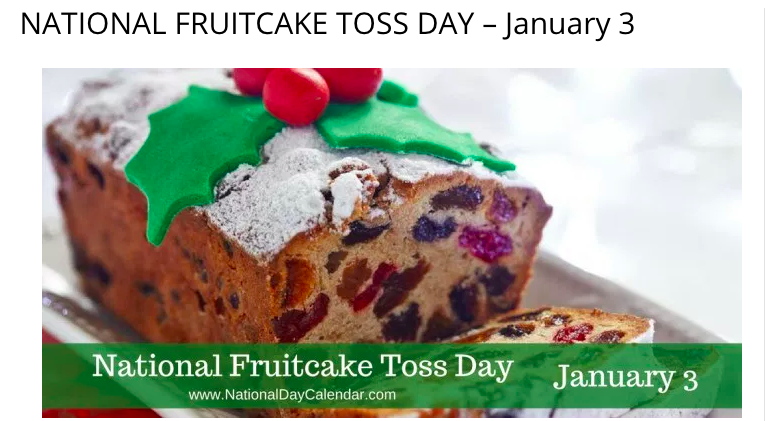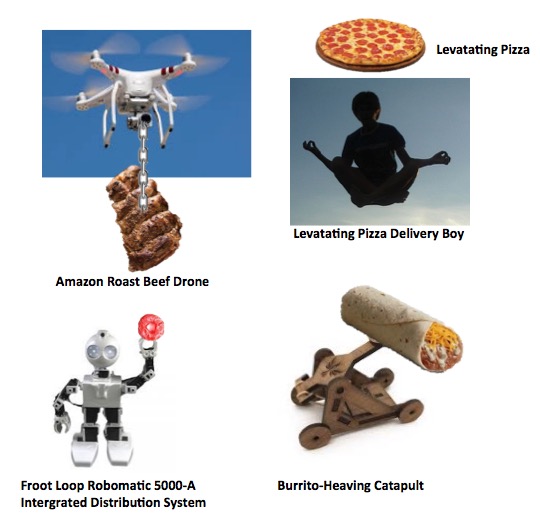It's been a busy week for the Anti-Plasticites. First, the OCD-BPA crowd at JAMA got to yap some more about the dangers of the plastic component BPA, even after a comprehensive two-year study by the FDA failed to find any real risk from the stuff.
Perhaps feeling ignored, the Phthalate Phanatics sprung into action, so now we have another article about phthalates in the Journal Environment International.
The study and its recommendations, are too silly to debunk. But at ACSH, Debunk We Must, so I am obligated to do so if only to justify the meager pittance I'm paid. The Motown classic "It's the Same Old Song," which was recorded by the Four Tops in 1965 should go off in your head every time there is a new article about "endocrine disruptors." You better like Motown, because the term is thrown around more often than, well...

National Fruit Toss Day. De facto proof of the lid/pot idiom
There's a pretty good chance that you don't really know what is an endocrine disruptor, since it is essentially a nonsense term (1), so I figured I'd toss in my own definition:
Endocrine disruptor (n): "Any chemical that anyone calls an endocrine disruptor."
Let's plunge in.
"The study is the first to compare phthalate exposures (2) in people who reported dining out to those more likely to enjoy home-cooked meals."
J. R. Varshavsky, et. al., Environmental International, In press
I find this statement to be a bit presumptuous. The corpses of the last three people who I prepared dinner for currently are passing through various stages of putrefaction. And my ex-wife, who used the smoke detector as a kitchen timer, is unlikely to become a sous chef anytime soon either. Nope, home-cooked meals are not necessarily enjoyable.
"[P]hthalates can enter the food supply from many different food contact materials, both upstream (e.g. processing equipment such as conveyor belts and industrial tubing) and downstream (e.g. food preparation products such as plastic wrap and food handling gloves."
Uh oh. If you eat food, you're screwed. But if you dare to eat it in any locations other than your home, then you're really screwed:
"Dining out may be an important source of biologically relevant cumulative phthalates exposure among the U.S. population"
Well, that really sucks because...
"Two-thirds of the U.S. population eat at least some food outside the home daily."
If people take this advice then the food service industry isn't going to be so happy. But it doesn't really matter because we're are all doomed either way:
Food contamination sources are difficult to distinguish between industries because phthalates can enter the food supply from many different food contact materials, both upstream (e.g. processing equipment such as conveyer belts and industrial tubing) and downstream (e.g. food preparation products such as plastic wrap and food handling gloves)
So if I'm getting this right, food itself is bad because if it touches anything then chemicals are gonna get you. Which is really going to present some logistical problems in terms of feeding 325 million people. How can we possibly get food that was never wrapped, sat on a conveyor belt or handled with gloves?
Good thing I've thought this through.

Plastic-free delivery methods. Possibly inspired by Elon Musk. Photos credits, Wikipedia, Elderwood Academy, Robot Shop.
And I'm thinking that there may be a bit of an agenda here as well:
"Home-cooked meals can be a good way to reduce sugar, unhealthy fats and salt. And this study suggests it may not have as many harmful phthalates as a restaurant meal."
Ami Zota, ScD, MS, assistant professor of environmental and occupational health at Milken Institute School of Public Health (Milken Institute SPH) at the George Washington University
Your BS-O-Meter should be going off-scale now because the message has changed. Now, it's sugar, fat, and salt that are the bad guys, which now seem to carry equal weight as the icky phthalates from the restaurant. Is this paper about phthalates or foods that the authors want us to avoid? In the end, really doesn't matter.
For what it's worth, the study itself was done rather well (3) but so what? Do we really need 13 pages and 100+ references to conclude something that is irrelevant? Two-thirds of the US eats at restaurants. No matter what this silly study concludes or how well it was conducted two-thirds of the US will continue to eat in restaurants.
That's a wrap.
NOTES:
(1) Here's a scientifically accurate definition for chemicals that are called endocrine disruptors:
"Any chemical, endogenous or exogenous, that binds to a hormone receptor and elicits a physiological response. The chemical that binds may be either a full or partial agonist or antagonist."
(2) The term "phthalate exposure" is technically inaccurate. Phthalate levels were not measured. Phthalate metabolites in urine were used as a surrogate measure. This tells us that the tiny amount of phthalates that we are exposed to are being metabolized by the liver to produce water-soluble breakdown products, which are then excreted in the urine. Just the way life is supposed to work. The study was well-planned and conducted, but ultimately meaningless.
(3) The study was prospective rather than retrospective. Although the data were based on subject recall, a notoriously inaccurate method, the volunteers recorded their eating habits daily, which makes recall far less prone to error. And the statistics are very tight. Too bad it wasted.




